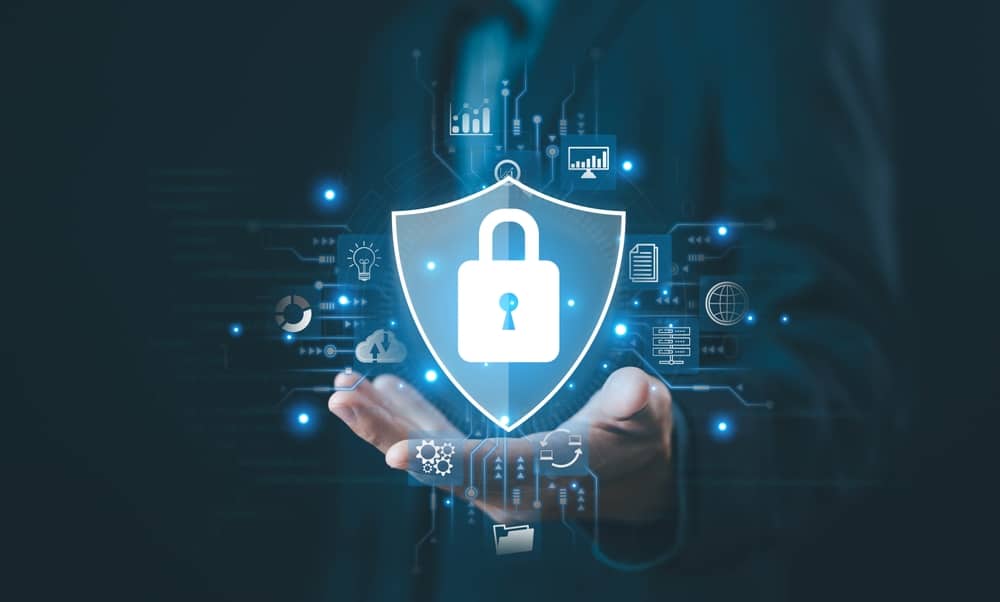1. Use strong passwords and password managers. Cybercriminals are often able to determine or guess simple passwords. Businesses should require employees to use strong passwords for all work-related accounts. Passwords should be at least 16 characters long, random and unique for each account. The use of password managers—secure programs that maintain and create passwords—should be encouraged or required. These easy-to-use programs store passwords and fill them in automatically on the web.
2. Implement multifactor authentication (MFA). MFA is a layered approach to securing data and applications. This tool requires a user to present a combination of two or more credentials to verify their identity for login. MFA enhances security because even if one credential becomes compromised, unauthorized users will be unable to meet the second authentication requirement and will not be able to access the targeted physical space, computing device, network or database. Businesses should enable MFA on any site or service that offers it.
3. Recognize and report phishing. Many cyberattacks result from a recipient of a phishing message accidentally downloading malware or giving sensitive information to a cybercriminal. Therefore, employees should know the signs of a phishing attack and be instructed not to click or engage in these phishing attempts. Instead, employees should recognize them by their use of alarming language or offers that are too good to be true. Phishing attempts should be reported using the appropriate IT protocols. If a business suspects that it has become a victim of a phishing attack (or any other type of cybercrime), it should immediately report the incident to its insurance partners and the appropriate government authorities.
4. Update software. Businesses should ensure their software programs stay up to date by installing security updates as soon as possible. These updates close security vulnerabilities and help protect organization from cyberattacks.
5. Backup your data. Protect your sensitive information and data from cybercriminals by conducting frequent backups. You can do this by either using a cloud-based storage service or by using an external hard drive.
Next Steps
Van Wyk exists so you have peace of mind when it comes to your business, employees, and family. For more cybersecurity guidance and cyber insurance solutions, contact us today via the form below.
Check out our Business Solutions webpage to learn more about the risk management solutions we offer to families like yours, and don’t forget to like us on Facebook and follow us on LinkedIn for more homeowners’ tips and risk management news!

